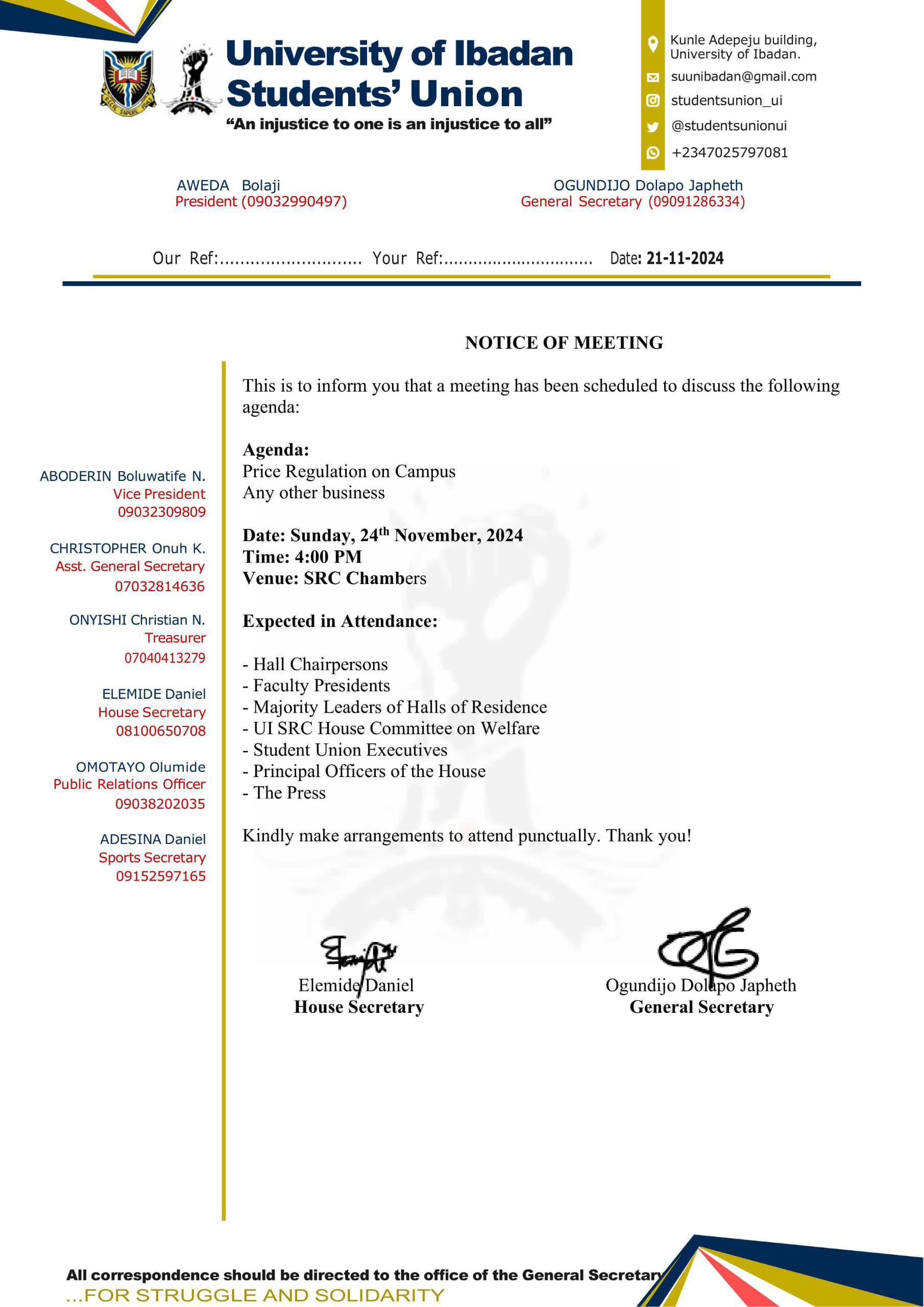Collins Ijezie Confirmed as UIMSA VP; Yet to be Ratified by Senate

Collins Ijezie, has on the afternoon of Monday, 4th of August, confirmed himself as UIMSA Vice-President via a post to his LinkedIn page. This announcement comes 12 hours after the Sunday, August 3rd deadline for application to vacant executive positions elapsed.
At this moment, no Senate meeting has been held to formally ratify the additional members of the Executive Council, and the new Vice-President, Public Relations Officer, Financial Secretary and Special Duties Officer (Clinicals) are yet to be sworn in as UIMSA Executives.
Speaking with the Press, UIMSA President, Olu-Adegbola Folusho confirmed that while a screening process and interviews have been conducted for all applicants, their ratification as executives, scheduled to take place at the next Senate meeting is yet to hold. While Mr Olu-Adegbola affirmed that results of the evaluation process were concluded and communicated to applicants this morning, he refused to disclose the names of the other co-opted executives. On reasons for accelerated processing, he emphasised, “According to the Constitution, the EC is expected to present budget and year plan not later than 2 weeks after inauguration (this Saturday). And we can’t present those without an incomplete EC. So technically, we even have limited time to work with.”
This development was confirmed by Mr Ijezie Collins. “I was confirmed as VP this morning after the interview. Although the official ratification and swearing-in will occur at the next Senate meeting, all applicants have already undergone a screening process in collaboration with the Senate Chair.”



